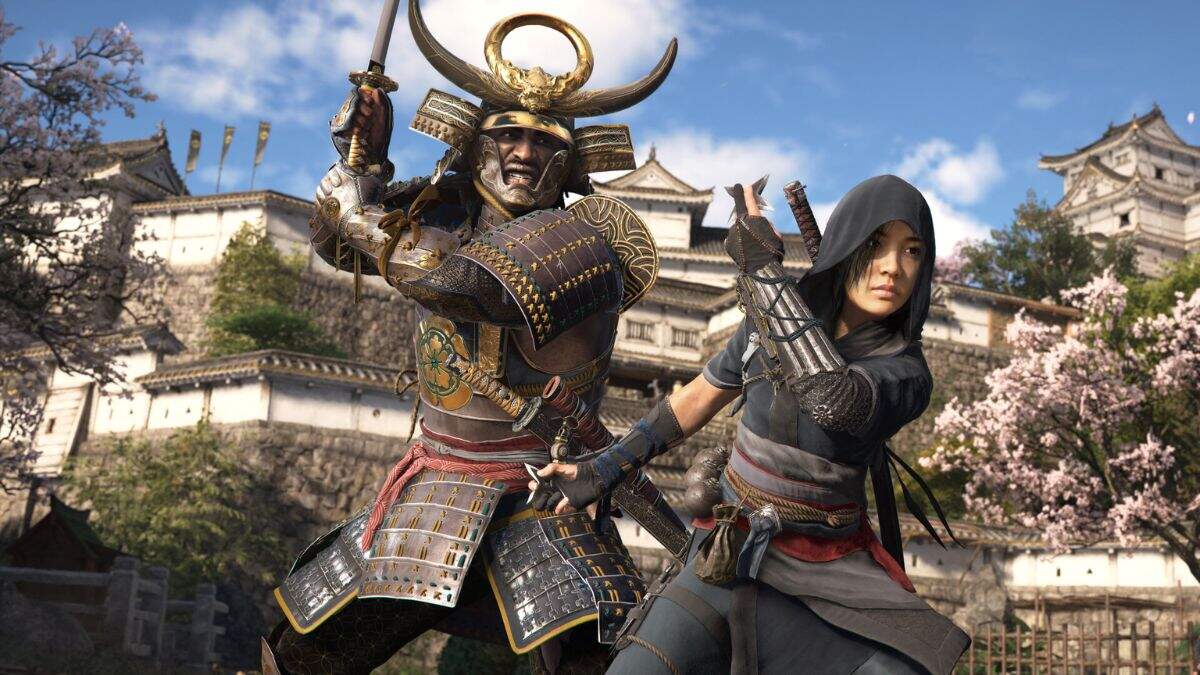Assassin’s Creed Shadows Review: Dual Protagonists Shine in Feudal Japan’s Breathtaking World

Eighteen years since its release, Assassin's Creed is back with Shadows, a big risk-taking experiment that combines stealth and combat with two different protagonists: Naoe, a quick shinobi, and Yasuke, a legendary African samurai. In 16th-century Japan, the game shines visually but is hard-pressed to break free of Ubisoft's familiar storytelling cliches.
Two Heroes, Two Playstyles
Naoe represents the franchise's stealth origins. Equipped with kunai, smoke bombs, and parkour movement, she sneaks into enemy strongholds and performs silent takedowns. Yasuke, drawing from real-life history, excels in brutal combat, destroying doors and hacking through enemies with heavy-weapon mauling. Though Naoe's adaptability renders her a must-have, Yasuke's absence of stealth elements and mobility makes him feel unfinished. Players switch between them for mission diversity, but Naoe's versatility frequently overwhelms Yasuke's brute strength.

A Tale of Honour and Unexploited Potential
The story tracks Naoe's revenge journey and Yasuke's conflict as a foreigner in feudal Japan. Their friendship is what raises the stakes, but Yasuke's past feels abbreviated compared to Naoe's revenge story. The campaign is paced poorly: slow beginning, tedious mid-game fetch quests, and an accelerated conclusion. The villains are shallow, using the overused "power-mad tyrant" cliché. Although the political machinations of feudal Japan bring spice, the story plays it safe—sacrificing substance for spectacle.
Gameplay: Stealth Evolved, Combat Familiar
Naoe's stealth gameplay excels with wiser AI, environmental hazards, and noise-detecting floors—improvements on Mirage. Yasuke's combat, though gratifying, is based on parrying and dodging mechanics found in previous games. The skill tree provides linear advancement, rewarding discovery but slowing with redundant upgrades. Side activities, such as crafting at a home base, feel extraneous instead of immersive.

A Visual Masterpiece
Shadows is Ubisoft’s most stunning title yet. Vibrant cities, misty forests, and cherry-blossom valleys bring feudal Japan to life. Dynamic weather and seasonal shifts enhance immersion, from sun-dappled bamboo groves to snow-clad villages. Architectural details—fluttering samurai banners, intricate shrines—add authenticity. Performance is polished, with minimal bugs and stable frame rates, a rarity for open-world Ubisoft releases.

Verdict: Beauty Over Innovation
Assassin's Creed Shadows is a crowd-pleaser but not a risk-taker. Naoe's stealth provides franchise-best thrills, while Yasuke's combat is a missed chance. The stunning world and two protagonists appeal to newcomers and lore enthusiasts, but repetitive missions and a formulaic story remind us Ubisoft still holds on to its formula. For those who want feudal Japan's charm, Shadows is worth the ascent—just don't hope for a revolution.
Rating: 8/10 – A visually breathtaking, if predictable, Assassin's Creed adventure.

